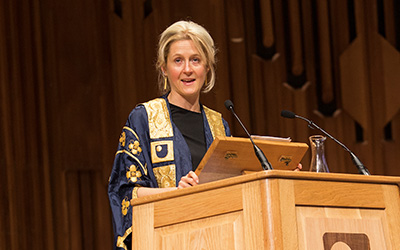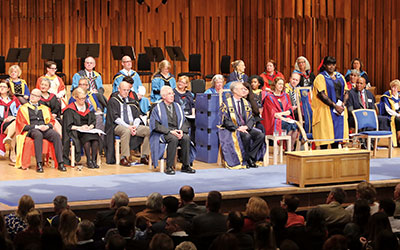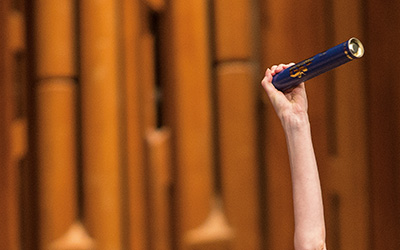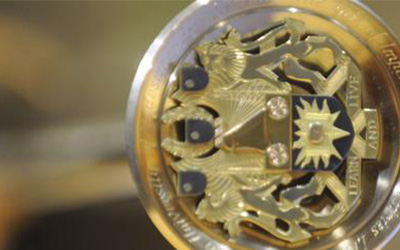Governance at the OU
The aim of governance at the University is to:
- ensure that there is a fit between the University’s vision and mission and its performance;
- ensure that the mission is translated into strategy, policies and plans that direct resources in an effective and accountable way; and
- monitor the performance of the University against those planned strategies and operational targets.
The underpinning principles of good governance are openness, inclusivity, integrity and accountability. The University supports these principles in ensuring that:
- decisions are taken with proper concern for the University's reputation and standards and for the principles of academic freedom;
- decisions are taken at the lowest appropriate level in the structure;
- membership of the governance bodies reflects the diversity of the University community;
- information about the constitution and regular business of governance is readily accessible; and
- members of governance bodies are not disadvantaged by location and distance.
The University’s governing body is the Council. It is particularly concerned with the University’s overall strategy, finances, property and staff, and is supported by a number of subcommittees. The Council has the ultimate authority within the OU, but it has to respect the views of the Senate in academic matters. Further information can be found on the Governance Structure page and Council Members page.
The Senate is the academic authority of the University, responsible for academic strategy, policy, priorities and performance. Below it is a substructure consisting of policy committees and faculty or central academic unit (CAU) committees. These are shown in the OU Academic Governance Structure Chart (Pdf 50kb) and further information can be found on the Academic Structure page.
Information on the way in which students contribute to University governance can be found on the Student Representative Structure page.
The Charter also identifies the roles and responsibilities of the Officers of the University, key figures within the governance structure such as the Chancellor, Pro-Chancellor and Vice-Chancellor. The Officers of the University should not be confused with the OU’s executive team (Vice-Chancellor’s Executive). Some Officers are members of the executive, but others are not.





